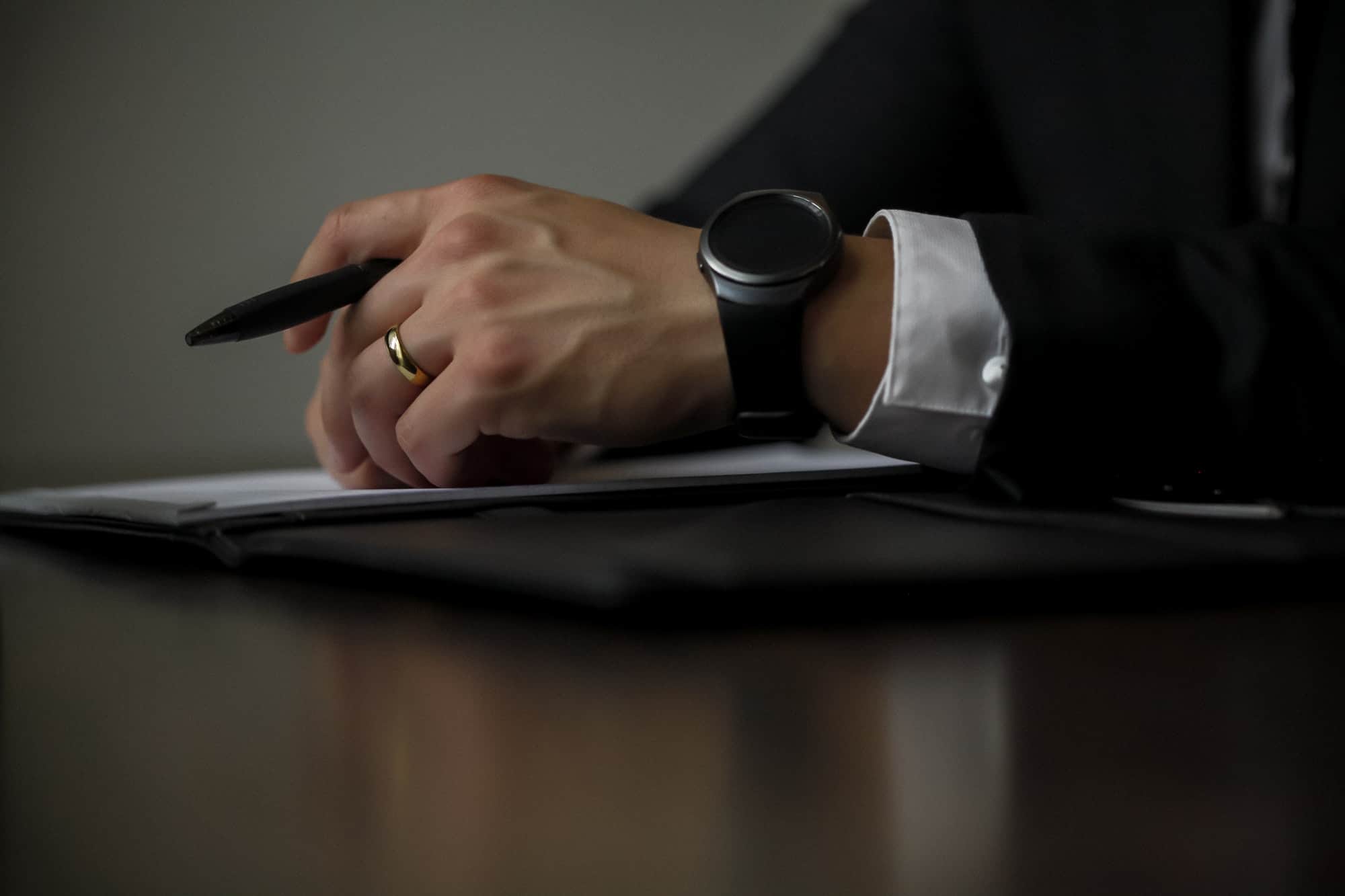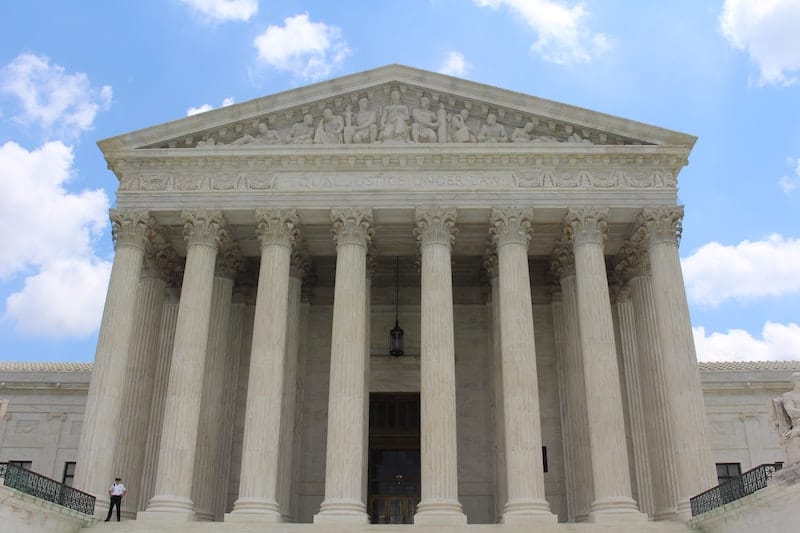27 Jan When Are Depositions Necessary?
When Are Depositions Necessary?

Depositions are usually part of a long and tedious legal process when dealing with litigation cases. The prosecution will use depositions to help extract information from the deponent. A deposition is usually set up in an interview-type fashion where the prosecuting attorney will ask the deponent a series of questions relating to the case.
So, when are depositions necessary? There are a few instances where depositions can be necessary for both the prosecution and the deponent. They are as follows:
- To encourage a settlement for a case
- If the case is going to trial
- To tell your side of the story as the deponent
- To have information recorded on the record
While depositions can demand time and energy, they can greatly benefit your case, either as the prosecuting party or as the defense. Knowing when a deposition is necessary and how it can benefit you can help to prepare you for your deposition.
Encouraging a Settlement Through a Deposition
What is a Settlement:
According to dictionary.law.com, a settlement is the “resolution of a lawsuit without going forward to a final court judgment.” In simpler terms, a legal settlement is where the two legal parties come to an agreement without having to go to trial.
Settlements can be beneficial for both legal parties. For the defense, it may mean less of a blow compared to what could’ve been accomplished in court. For the prosecution, it can mean that the defense will be more negotiable. It will also mean no more lawyer fees to be paid and no more time to be wasted.
A settlement can seem more beneficial to both parties compared to going to trial. In a trial, the defense may be demanded to compromise much more than they want to. The prosecution could also receive or gain much less than they wanted to.
Trials can be overwhelming compared to a settlement. In a trial, your case becomes public to the world. They can last for days and demand your friends and family to testify. The results of a settlement remain private and keep your loved ones out of the turmoil.
What Can Happen in a Deposition to Encourage a Settlement:
While a party can offer to settle at any time, depositions are usually a catalyst for these events. At a deposition, both parties are present with their representation. Just this direct meeting can be enough for someone to decide to settle.
The deponent can notice a fault in their own testimony or the prosecution can suddenly feel empathy for the defense. Both parties can decide that they rather be done with the case now rather than have to go through many more tedious legal processes. Whatever the case, a settlement usually feels like a big sigh of relief.
The biggest catalyst for a settlement being offered is when the defense doesn’t feel as if their testimony will hold up in court. In a deposition, the prosecuting lawyer will ask a series of questions regarding the case. If the testimony contradicts previous records, then the prosecution knows that they have a better chance in court.
If the defense knows that the deposition has made their case look weak, they may decide to settle in order to avoid a worse outcome in court.
Going to Trial After a Deposition
What is a Trial:
If a case isn’t settled elsewhere, it will advance to trial, where it can be judged by a judge or a jury depending on the case. In a trial, the prosecution will work to prove that they deserve reward or compensation while the defense will work to prove why the prosecution doesn’t need reward or compensation at the hands of the defense.
Evidence will be given, witnesses will be called, and each side will be able to state their case. From there, either a judge or a jury will decide if anything should be awarded or compensated, and if so, how much. Trials can last for a few hours to a few days depending on the specific case.
How a Deposition Can Be Used in Trial:
Deposition transcript or video recordings may be shown in the trial. They can be used to recount a statement that was spoken by the deponent. Both prosecution and defense may refer to deposition statements in their case.
The prosecution may use a deposition statement to prove a differing testimony than the one given by the defense in trial. The defense may refer to a deposition statement in order to solidify their testimony or to share their side of the story.
All in all, a deposition video or transcript can act as a piece of evidence for either side to prove their point.
Specifying Your Testimony at a Deposition
How Can You Share Your Story at a Deposition:
When you’re in a legal battle where you’re the defense, it may feel as if your story isn’t being heard correctly. A deposition in the perfect opportunity to get all the facts in order with the prosecution.
If you’re being sued or having a legal case come against you, a deposition can be intimidating since you have to come face-to-face with the legal party who brought the charges against you. The prosecuting lawyer will ask you numerous questions in regards to the incident where you appear to be at fault.
Although you may be intimidated in this situation, now is the perfect time to share what happened with the prosecution. If you haven’t had a chance to explain yourself, now is your time.
Usually, the prosecuting lawyer will ask about specific details relating to the incident. You can recount your actions and feelings.
If you were feeling as if you weren’t being heard, you can know that everything you say at the deposition will be put into a transcript or video, and can be referred to in court.
How This Can Benefit You:
Sharing your story at a deposition can help you in a number of ways. First off, it gives another reference to your testimony. The more times you share your testimony and it aligns the same way every time, the more your side of the story looks solid.
Another reason for sharing your story at a deposition is that the prosecuting lawyer may ask a question that no one has thought to ask before. One such question can create more appeal for you.
Lastly, a deposition recording can be shown in court and appeal to the judge or jury in a certain manner.
If you get called to go to a deposition, don’t get nervous. This is your chance to share what happened and get your story out there.
Have Information on Record at a Deposition
How Information is Captured at a Deposition:
One reason depositions can be so effective is that everything said is put on record. Once information is on record, it can be used at trial.
At every deposition, you’ll find a court reporter. A court reporter is someone who transcribes legal proceedings. They’ll type up every word that is said using a stenograph and then produce a written transcript. Most court reporters also carry around a tape recorder so that they can record the audio and adjust the transcript as necessary.
Another professional you can find at depositions is a legal videographer. A legal videographer is someone who uses video to not only capture the words spoken but also to capture physical responses, mannerisms, and body language to be shown in court.
The legal videographer will set their camera facing the deponent head-on in order to best capture everything they do. After the deposition, the videographer will supply a video file of the deposition.
As you can see, information at depositions is captured through the transcript, audio recording, and video recording. That means that whatever you say is guaranteed to be on the record. This is important to remember when walking into a deposition.
Why It’s Important to Have Information on the Record:
The reason it’s important to have information on record is that it can then be used justifiably in court. If you say something and it’s not on record, then there is no proof that it was actually said.
If something is on record, that means someone could trace back to the actual transcript and find what was said word-for-word. This means that something you say can not be twisted, misquoted, or misrepresented.
Anything that is put on record can be used as evidence when it comes to the lawyer proving that their side is right. This can make or break your case. If you want something on record, you can always make that clear and have it transcribed or video recorded.
Just remember, whether you’re the prosecution or the defense, a deposition can work in your favor.
I hope this article was able to answer your question as to when depositions are necessary. If you are to be deposed at a deposition, check out our article Can I Refuse to Answer Questions At a Deposition?





